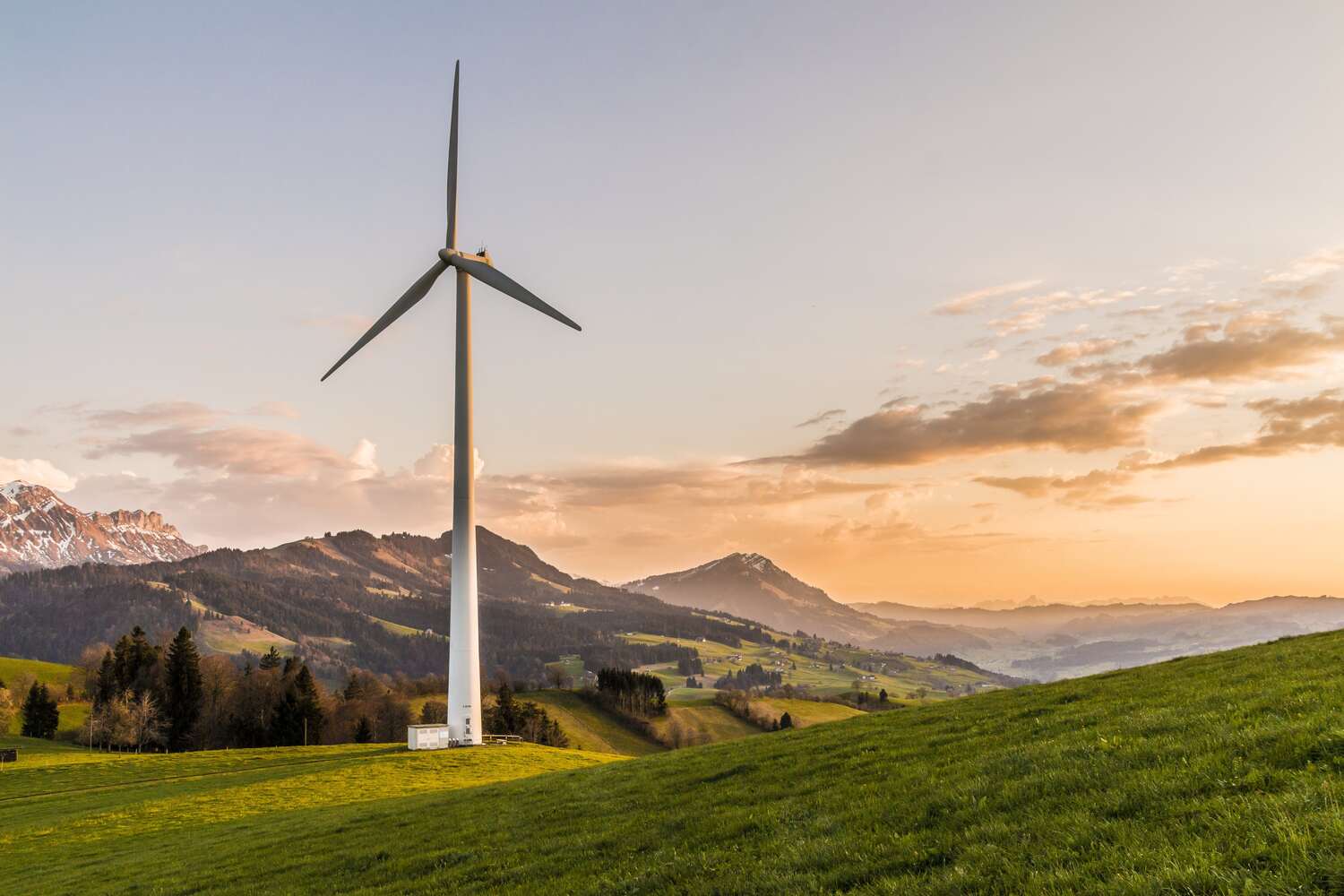Working in Green Energy
A how-to on finding work in Germany's booming green energy sector

Climate change is impacting the way we see ourselves and the world. It’s also increasing affecting the way we power our homes and businesses. As a result, the job market is changing rapidly too.
If you’re looking for a career that is both meaningful and financially rewarding, then you should consider working in the green energy industry. With the right skills and knowledge, you can prepare yourself for this booming job market and find the perfect role to suit your talents. In today’s post, we’ll explore the benefits of becoming a green technician, also known as a decarboniser, how to prepare yourself to become one, and where to find the right opportunity for you.
Preparing for the Booming Green Energy Job Market
The demand for green energy is increasing rapidly as businesses and governments around the world become more aware of the need to reduce greenhouse gas emissions. A recent report by the International Renewable Energy Agency (IRENA) found that doubling the share of renewable energy in the global mix by 2030 would add $1 trillion per year to global GDP. This growth needs to be powered by those able to carry out tasks needed with the wind, solar, heat pump, geothermal and hydrogen industries.
Green technicians will be needed in skilled areas such as welding, plumbing, engineering (mechanical and automisation) and planning. Massive demand is expected for electrical engineers and electricians for both onshore and offshore work including wind turbine maintenance. IT skills, particularly in data security, are also in high demand. Our job at greentech.training is to source green technicians and decarbonisers across the world and prepare them for work with our German and EU cluster partner companies via our Bridging Program and Workshops.
Gaining Knowledge and Skills Relevant to Green Energy Jobs
In order to be successful in a green energy job, it is important to have the relevant basic knowledge and skills. This can be achieved by completing relevant training courses, such as those offered by universities or trade colleges. greentech.training is building a network of verified Bridging Program partners around the world and you can find out more about them by contacting us. In certain cases, particularly in roles related to electricity transmission, high and low voltage protection and engineering, recognition is required from the relevant authorising body in Germany. In such cases, at least B1.2 German is required.
Preparing Your Application
If you have already completed a trade or degree and are looking to take the next step, and perhaps you have already acquired your first working experience, then it’s time to prepare your CV. Be sure to highlight any relevant experience or skills that you have that would be beneficial for a role. Include any information that may be of interest to the field you are applying for, such as refurbishment activities if you are an electrician and thinking of applying for the wind energy sector. Including a professional photo is also a good idea. Many of the roles we source on behalf of cluster partners are listed on our jobs board. Find the one that matches your skills and use it to submit your CV. If your training or experience matches what our cluster partners are looking for, we will send you a link to upload a video introduction of yourself and/or invite you to take part in our Bridging Program.
Any questions? Use the contact form to get in touch.
